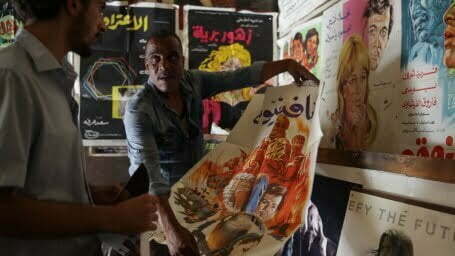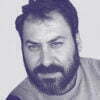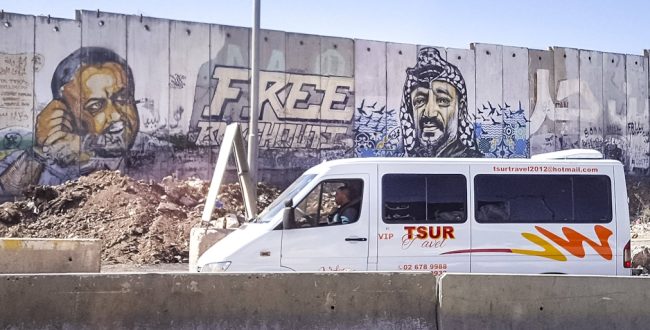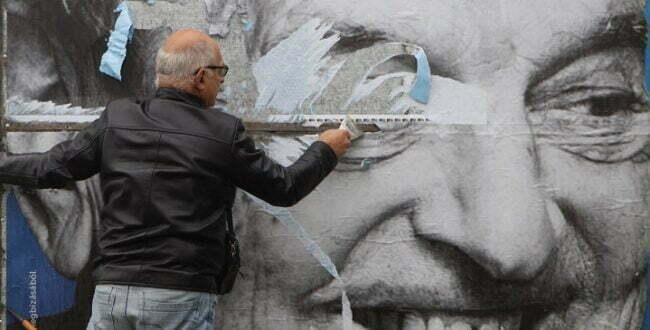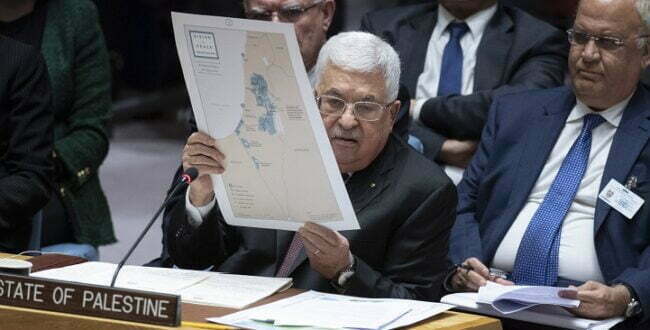A while ago, after hopping from a basketball match to the radiology department at Tel Aviv Sourasky Hospital, I found myself in the plaster-casting waiting room. The doctor said I had a torn Achilles tendon and told me to wait for someone to come and cast my foot. It was the first day of Eid al-Fitr, the Muslim holiday marking the end of the month of Ramadan, and two young Palestinian men, one of them limping like me, entered the room. We began speaking in Hebrew before switching to Arabic.
They immediately asked the usual question “how come you speak Arabic?” and I — well versed — quickly enumerated all the question’s positive contexts: “I translate from Arabic, write about teaching Arabic in Israeli schools and the history of Arabic in the country, initiate projects in Arabic, work with Arab friends, and in the past even worked with human rights organizations in the Occupied Territories. I threw in everything, except my former army service in the Intelligence Corp, back in the 1990s.
The injured man was from Nablus — “but had a work permit” — as his cousin from the Triangle village said repeatedly, emphasizing, without having to spell it out, that as a Jewish-Israeli, and especially a speaker of Arabic I am regarded as a representative of the Establishment with which to proceed with caution. They smiled bitterly when speaking of how they were bound to spend the holiday. A few days earlier, a cement mixer had fallen on the Palestinian from Nablus at the Israeli construction site where he works, and he’ll need a lot more than a cast. In any event, he decided to use this chance encounter with a representative of the Israelis to ask me what he should do about his injury — and also about his brother, who is trying to obtain a work permit. I gave him the telephone numbers of Physicians for Human Rights, and Gisha, the Legal Center for Freedom of Movement. He then asked for my phone number. I gave it to him, and he rang and hung-up. I now had his number and he mine.
The male nurse, who watched this interaction from the corner of the waiting room, didn’t understand much of what was going on. What he saw was a Jewish-Israeli Ashkenazi man having a conversation in Arabic with a West Bank resident, at the end of which phone numbers were exchanged and hands shaken. The nurse then called the Palestinian for another X-ray. He said a last goodbye and I wished the two a happy holiday. I remained alone with the nurse. He came toward me, sat on the edge of my bed and got straight to it: “So, did you recruit him?”













